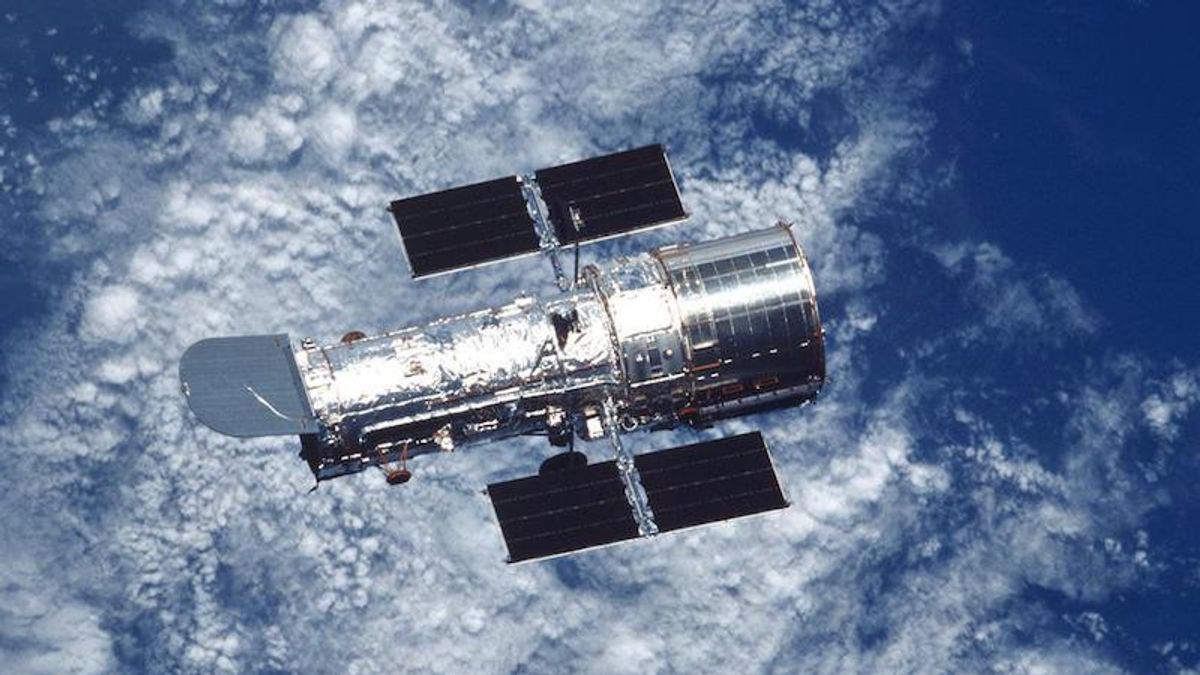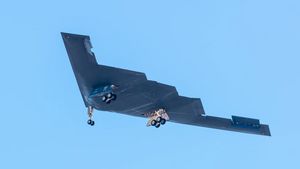JAKARTA - NASA's Hubble Space Telescope has officially passed the one billion second mark. Marks that Hubble has been up there for more than three decades.
The observatory was launched on April 24, 1990, aboard the space shuttle Discovery. Hubble was deployed into orbit the following day, beginning its mission to explore the vast universe, including peering into distant galaxies, supernovae, nebulae, and exoplanets.
On January 1, 2022, the space telescope officially reaches one billion seconds in space, or has been operating for 31.7 years.
"For more than three decades, Hubble has provided us with groundbreaking scientific discoveries and iconic images of space," NASA said on its official website.
In the Hubble mission, NASA is not alone, he is with the European Space Agency (ESA) who have the same ambition to peek at how the universe is.
Between 1993 and 2009, astronauts visited Hubble five times on service missions launched by the shuttle program. The mission includes repairing, upgrading, and replacing systems on the telescope, such as batteries, gyroscopes and other science instruments.
Launching Live Science, Monday, January 10, located above the highest Earth's atmosphere, the Hubble Telescope has made more than 1.5 million observations over its more than 30 years of operation. In fact, thousands of scientific papers have been published based on the invention of the telescope.
Some of the Hubble Telescope's most important observations include helping determine the age of the universe at 13.8 billion years, or three times the age of Earth and determining its area.
The Hubble Telescope has also discovered Pluto's fifth Moon, discovered the supermassive black hole at the center of most large galaxies, studied the gravitational lensing effect that has helped astronomers map the distribution of dark matter in the universe, and captured some of the most extraordinary deep-field images of the universe. universe.
"We can only imagine what discoveries the next billion seconds will bring as new telescopes like the recently launched James Webb Space Telescope and the future Nancy Grace Roman build on the discoveries of the Hubble Telescope and work with them to expand our understanding. about the universe," NASA said.
The English, Chinese, Japanese, Arabic, and French versions are automatically generated by the AI. So there may still be inaccuracies in translating, please always see Indonesian as our main language. (system supported by DigitalSiber.id)








